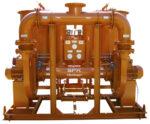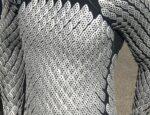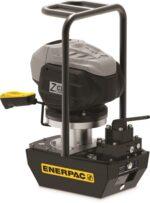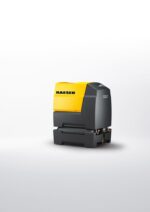Reliable, long service strainers and filters
Plenty filters and strainers are known for their reliable, robust, long-lasting products, which, once installed, will work reliably for many years. They are designed to minimise operational and running costs in the plant and deliver exceptional performance. Within the Plenty range are a wide selection of solutions including leading simplex, duplex, backwashing and self-cleaning strainers. Backflush filters The Plenty Backflush Filter is designed to keep processes running without manual intervention. Designed specifically for applications on water systems, Plenty Backflush Filters are available in a full range of sizes to suit most applications with a choice of stainless steel or cast-iron housings. They are efficient to install, are designed to minimise product loss during backflush action, and do not require any separate back wash supply. The filtration element is available in a large range of sizes with mesh or wedge wire options to suit application needs. Plenty Backflush Filters utilise system pressure for automatic cleaning, without interruption of the liquid flow or the need for an independent supply of clean water. Plenty Backflush Filters operate in normal filtration mode until a timer initiates a regular cleaning cycle or the amount of contaminate accumulated inside the strainer tubes restricts the flow passage, causing an increase in the differential pressure. When the pressure drop reaches a pre-set trigger level, the automatic cleaning mechanism is actuated, and a sliding seal plate connected to the backwash outlet effectively blanks off each strainer element in turn from the inlet water. Pressure within the strainer body is higher than the pressure in the backwash outlet pipe and so induces a flow of clean water in the reverse direction through the isolated element, effectively flushing away all accumulated debris. Liquid and Gas process filters From its Dollinger range, SPX Flow offers the highly efficient LL-142 liquid filters, which […]










